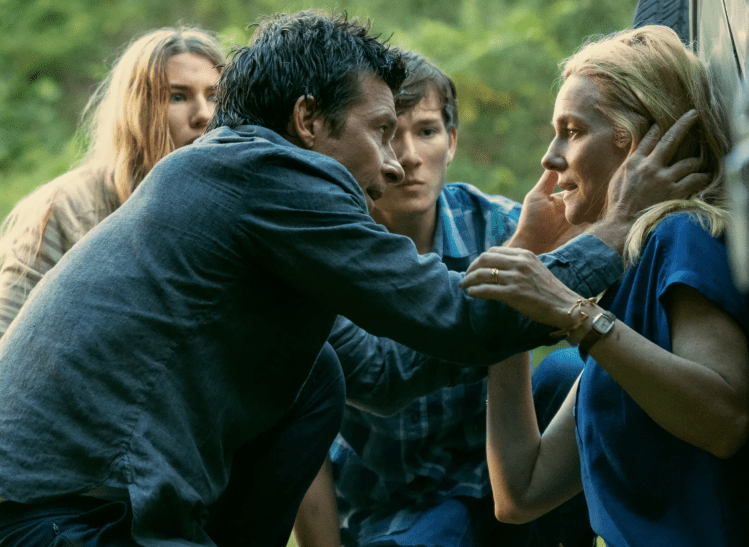Series finales are tricky. The final beat of a show can either bring about forbidden pleasures you’ll remember for the rest of your life or stab you in the thigh with a fork. While occasionally a finale succeeds beyond everyone’s wildest expectations (think Six Feet Under, Mad Men), more often than not, it falls so far short of fans’ hopes and dreams it transforms the public into a pitchfork-wielding mob (ahem, Lost, Seinfeld, Game of Thrones). This happens when a show is so beloved and culturally significant that a powder-keg of hype sabotages the happy ending in a self-imploding kaboom. So where does that leave Ozark?
That question brings us to a third, much less talked-about category. Like the double zero on a roulette wheel, it’s the tiny square known as the nether region of meh. Not soul-crushing or anger-inducing, just kinda forgettable. This is where Ozark has landed.
That’s not to say that the show itself is meh. On the contrary, Ozark has given us one of the best pilots in recent memory and oodles of great television. But like the show itself, the final season, split into two parts, had some serious ups and downs. Up when the Byrdes desperately scrambled to figure out a new heroin supplier, down when the love triangle between the Byrdes and the cartel bosses dragged on. Up when the stakes of the Byrde’s wheelings and dealings began to involve mass voter fraud, down in the pivotal scene where Ruth shoots Javi.
You don’t have to squint to see that the second part of Season 4 is noticeably weaker than the first.
Thankfully, the Ozark finale, directed by the defthanded Jason Bateman, returned the experience to former highs. While the episode lagged around the halfway mark, it succeeded in lulling the viewer into a false sense of security – something the show had never done before. Of course, that peace was short-lived because as we all suspected, someone had to die. That someone turned out to be Ruth Langmore in a heroic farewell worthy of her anomalous character.
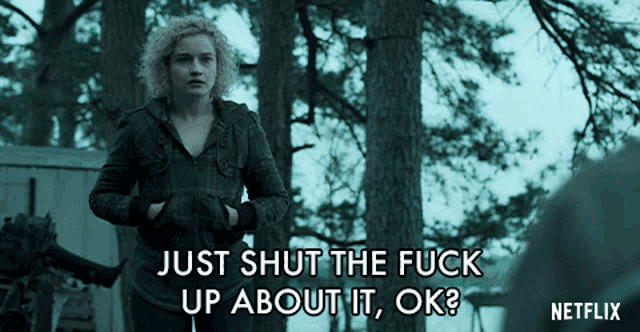
Naturally, folks complained about such a beloved character biting the bullet, especially at the hands of noob Camila Elizonndro. But heartbreak aside, it was a sensical, if unsurprising climax that fit the bill.
Then came the coda.
With the episode winding down, the Byrdes return home from their triumphant gala. They’ve survived the cartel, fended off the FBI, consolidated their political might, and filled their coffers with enough money to change the world. They’re tired, of course, but they’ve won. Or so they think, until Mel Sattem, a private dick who has been hanging around like a bad cough, reappears to take them down once and for all.
Never mind that Sattem doesn’t feel like the right guy to epitomize the downfall of the Byrdes or the fact that a policeman can’t obtain evidence by breaking and entering. He tells the Byrdes, “You don’t get to win. The world doesn’t work like that.”
For a moment, we almost believe him.
But as mom and pop Byrde begin to crumble uncharacteristically under the repentant glory of policeman Sattem, Jonah Byrde steps in with his shotgun. The reluctant son who has resisted the family ethos from day one, ch-chucks his double-barrel and levels it at Sattem with a newfound matter-of-factness. And as the wolves known as the Byrdes try to suppress their smiles, the audience understands that this is it. This is the buzzer shot that solidifies their victory. The Byrdes will win. Their circle of complicity is complete. And with Jonah’s shotgun raised (and a bittersweet understanding echoing in our minds), the screen cuts to black – a beat that almost feels like a callback to The Sopranos’ controversial but ultimately ingenious ending of unresolve. (Fucking brilliant.)
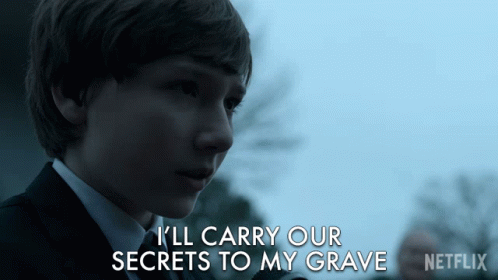
But then we hear it. The tiny detail that spoils the moment. Like a fart in the quietude of a church one literal second after the vows have been made and sealed with a kiss, the shotgun goes boom.
The fucking shotgun goes boom.
It’s a tacked-on sound effect that somehow strips the scene of all its power. Why? Because after all the random (and not so random) acts of violence the show has piled on us, the grace note was just begging not to be so explicit, so conclusive. That’s why the momentary empty black space of unresolve felt perfect just hanging there in infinity, leaving just enough wiggle room to tease an ounce of uncertainty. For one split second, that enigmatic ending washed over us in a wondrous wave of completion. A paper-thin yet rock-solid gateway into an enduring legacy. That is until the shotgun goes boom. And as absurd as it sounds, relegated the once-eternal moment of variability to the pile of forgettable endings. The double zero of meh.
So do yourself a favor. If you haven’t watched it yet, forget everything we’ve just said about the finale except for this: Before the screen goes black at the very end of the show, mute your TV. Ready your remote and punch that mute button, baby. Then you can always remember Ozark the way we wish we could remember it: as a heart-wrenchingly ambiguous tale of morality and the meaning of success for the modern American family, one that leaves just a small glimmer of hope that we aren’t all trapped in a circle of complicity with no way out.
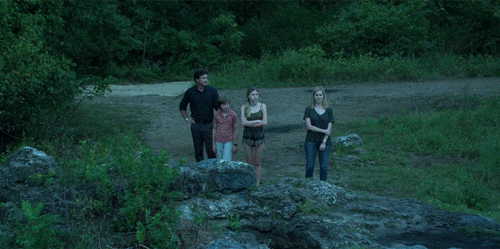
Cover Photo: Netflix
Entertainment News 5 15 22
-
Hilary Duff Poses Nude For Sexy Magazine Spread (Lizzie McGuire Is All Grown Up!)

Read more here.
Photo: Getty Images
-
Cameron Diaz Recreates Classic ‘There’s Something About Mary’ Scene Proving She’s Still Full of Spunk

Read more here.
Photo: 20th Century Fox
-
Amy Schumer Tells Story of Son’s Conception at Netflix Is a Joke, Internet Can’t Decide If It’s Funny or Not
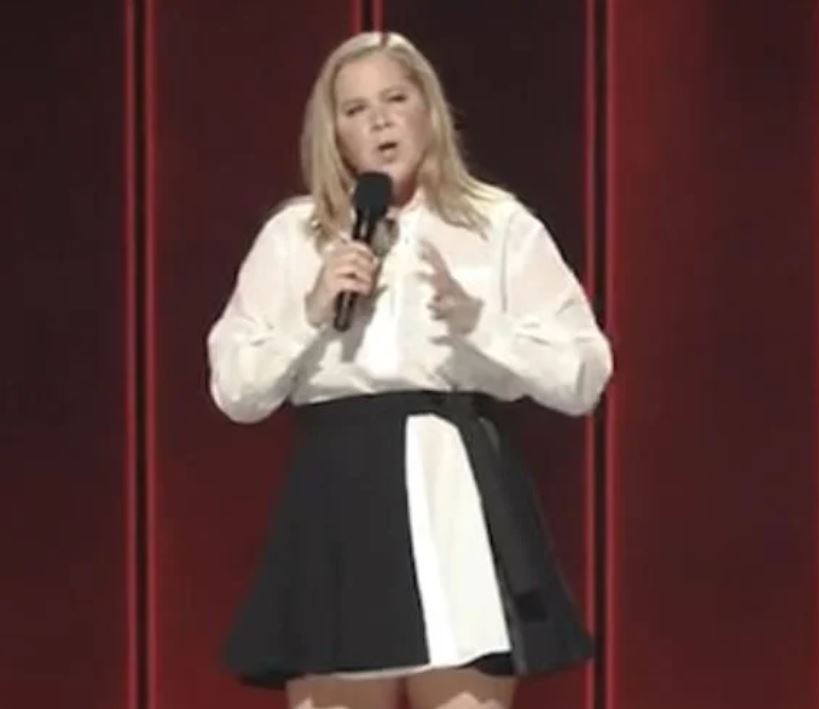
Read more here.
Photo: YouTube
-
Meanwhile in Ukraine: U2 Plays Surprise Acoustic Set in Kyiv Bomb Shelter, Haven’t They Suffered Enough?

Read more here.
Photo: Getty Images
-
Johnny Depp and Amber Heard Awkwardly Can’t Decide Who Gets to Leave the Courtroom First
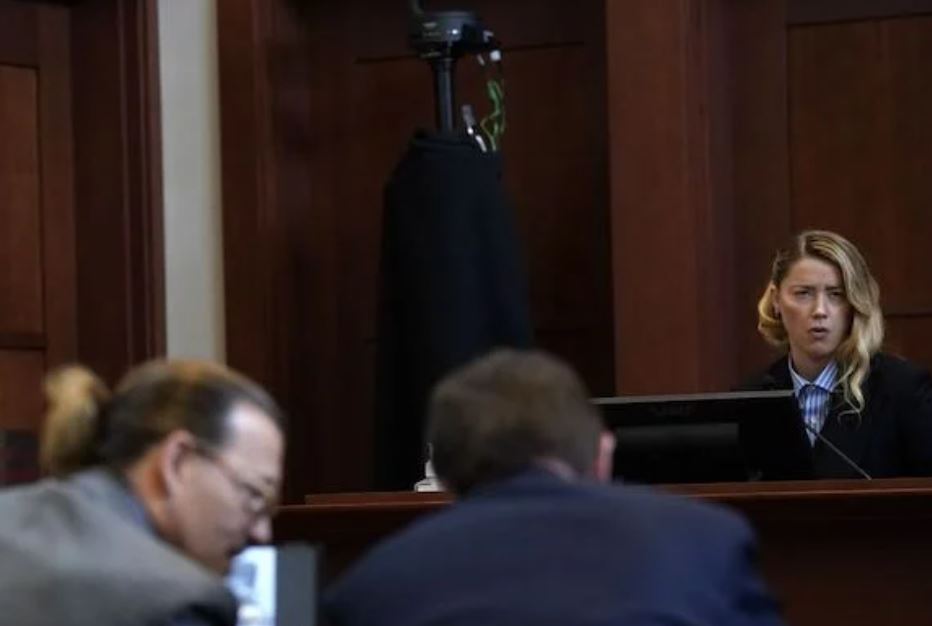
Read more here.
Photo: Getty Images
-
Our Favorite Amber Heard GIFs (Because We Probably Won’t Be Seeing Her For a While)
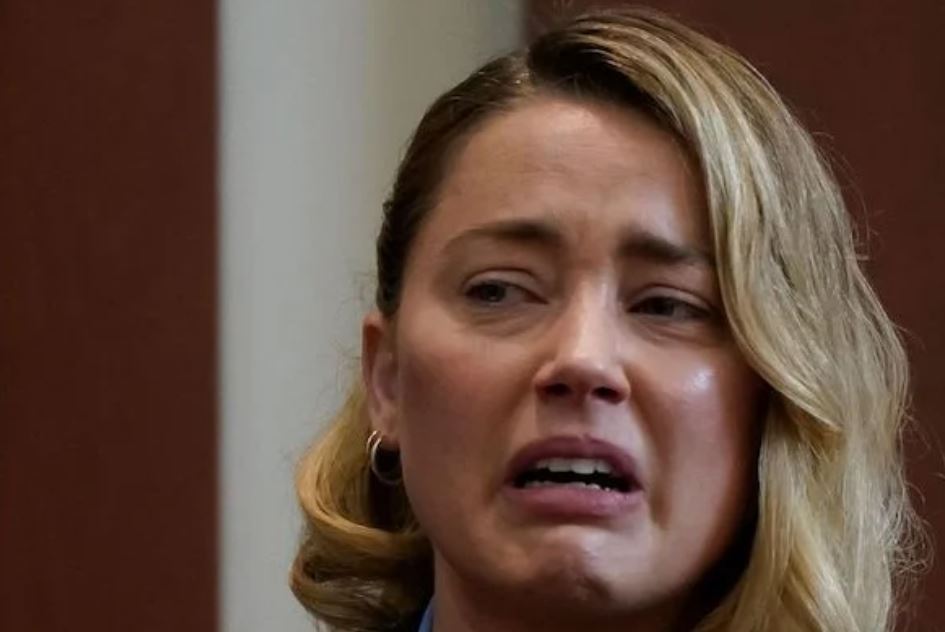
Read more here.
Photo: Getty Images
-
‘That ’70s Show' Gets ’90s Spinoff, Reminding Us Every Decade More Terrible Than Previous One
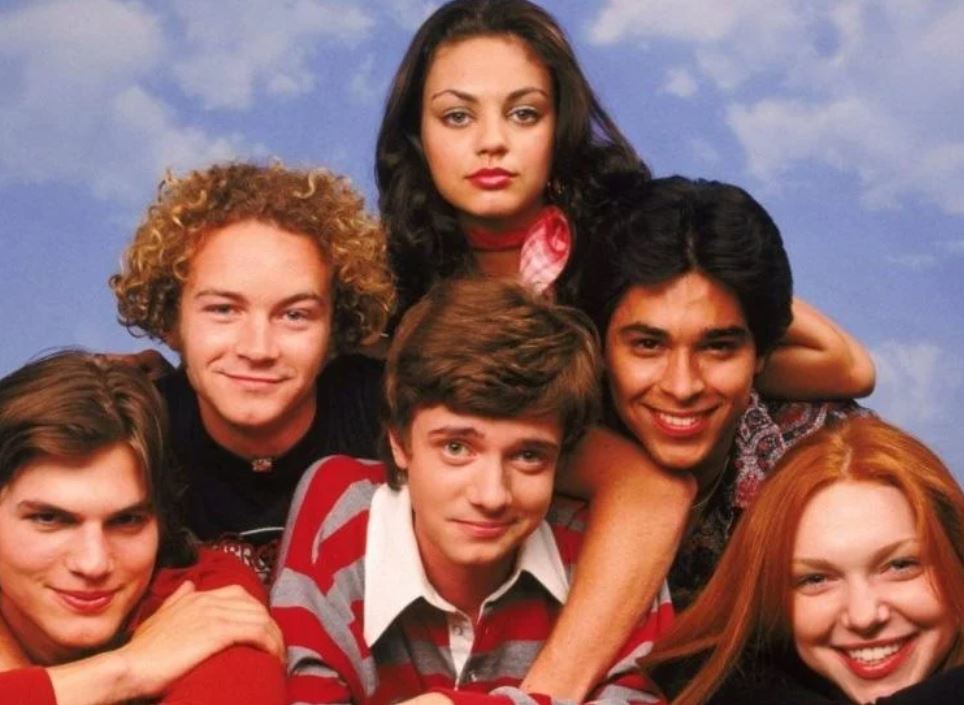
Read more here.
Photo: Fox
-
Yeah Baby! 25 Classic Austin Powers GIFs to Celebrate the International Man of Mystery’s 25 Shagadelic Years

Read more here.
Photo: New Line Cinema
-
Ranked! Mike Myers’ Greatest Roles (Just in Time For Netflix’s ‘The Pentaverate’)
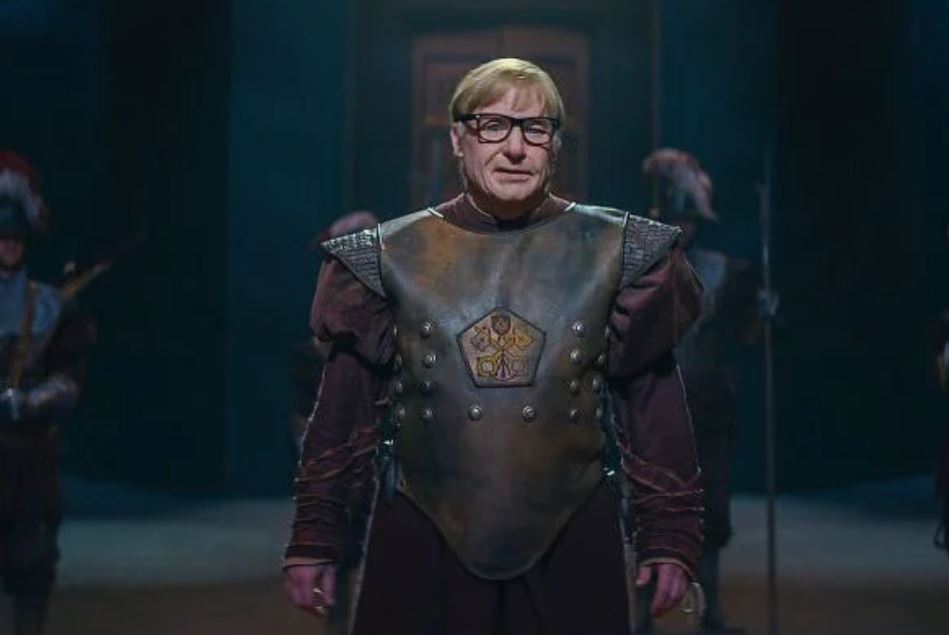
Read more here.
Photo: Netflix
-
Mandatory Tweets: Funniest Jokes About Nick Cannon’s Mother’s Day on Twitter

Read more here.
Photo: Getty Images
